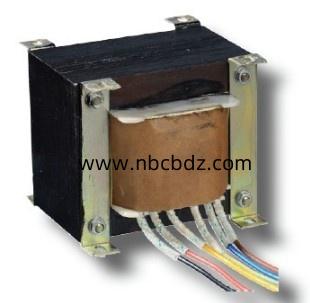Quality Assurance From ChuangBiao EI Transformer Factory Experts

In the evolving field of electrical engineering, the role of an EI Transformer Factory extends far beyond traditional power conversion. These facilities focus on designing, producing, and testing electromagnetic devices that ensure safe and efficient energy transfer for a wide range of applications. From industrial machinery to consumer electronics, the precision and reliability of these transformers determine the overall performance and stability of electrical systems.
EI transformers are characterized by their laminated EI-shaped iron cores, which minimize energy loss and enhance magnetic efficiency. By reducing eddy currents and providing a steady magnetic path, this structure allows for consistent voltage regulation even under variable load conditions. Manufacturers devote significant attention to the quality of core materials, winding techniques, and insulation processes, all of which influence electrical performance and durability.
In industries where safety and efficiency are priorities, such as medical equipment, communication devices, and control systems, these transformers serve as vital components. They not only convert voltages but also isolate circuits, protecting sensitive electronics from sudden power fluctuations or electrical interference. This dual function ensures operational continuity and prolongs the lifespan of connected systems.
Modern transformer factories are adopting automated winding and vacuum impregnation technologies to enhance precision and uniformity. Through these advanced manufacturing processes, products achieve improved thermal management, noise reduction, and compact structure design. Furthermore, strict testing standards—covering dielectric strength, temperature rise, and no-load loss—are implemented to maintain long-term reliability.
The development of eco-friendly materials is another emerging trend within the transformer industry. Factories are transitioning toward low-loss core alloys and flame-retardant insulation to meet global environmental standards. In addition, energy-efficient transformers help businesses reduce electricity consumption and carbon emissions, aligning with international sustainability goals.
For specialized applications, customization plays a central role. Engineers collaborate closely with clients to tailor transformer specifications that fit specific voltage levels, power ratings, and installation requirements. Such flexibility demonstrates the balance between innovation and craftsmanship that defines advanced manufacturing enterprises today.
Ultimately, the success of a transformer factory depends on its technical foundation, continuous improvement, and commitment to customer satisfaction. The combination of modern technology, quality assurance, and global service support allows these manufacturers to meet the growing demands of various industries. For more details about precision transformer products, visit https://www.nbcbdz.com/product/.


